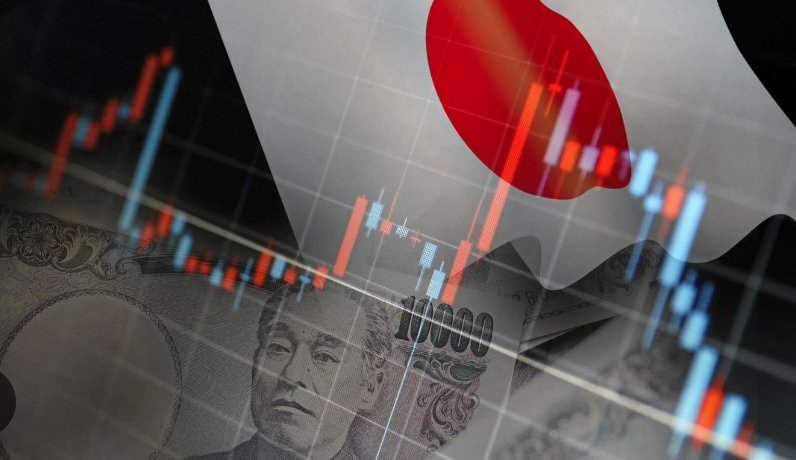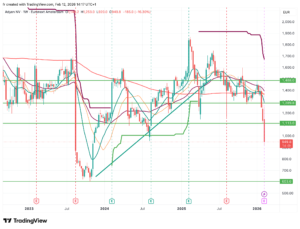$TM $NSANY #JapanAuto #StockMarket #Investing #Tariffs #EconomicNews #Toyota #Nissan #Automotive #FinanceNews #USJapanTrade
How Did Japan Auto Stocks Surge 11%? Discover the Impact of Slashed Tariffs on Your Investments!
In the latest japan news, a significant financial development has emerged as U.S. auto tariffs on Japanese cars were reportedly reduced to 15%. This policy shift has sparked a notable surge in the shares of major Japanese automakers, highlighting a pivotal moment for investors and the global car industry.
Exploring the Ripple Effects of Reduced Tariffs
Initially, the announcement sent waves through the stock market, particularly affecting companies like Toyota and Nissan, which saw an impressive leap in their stock prices. The reduction in tariffs comes as a relief amid ongoing trade tensions and could potentially lead to a more stabilized economic relationship between Japan and the United States.
For investors, the tariff cut is not just good news but a strategic element that could reshape investment portfolios. As tariffs drop, the cost of exporting vehicles decreases, allowing Japanese automakers to either boost profit margins or reduce prices to gain a competitive edge in the U.S. market. Consequently, this could lead to increased sales and potentially higher stock valuations.
Impact on Global Automotive Market
The automotive sector is exceptionally sensitive to changes in international trade policies. Therefore, a tariff reduction of this magnitude could encourage more competitive pricing and innovation among Japanese automakers. Moreover, this development is likely to influence global supply chains, affecting everything from production costs to end consumer prices.
For the broader market, this adjustment in tariffs might signal a move towards more favorable trade conditions, fostering a better business climate between the two economic powerhouses. This could potentially usher in a period of renewed partnerships and collaborations in the automotive sector.
Strategic Considerations for Investors
Investors should closely monitor the performance of Japanese auto stocks, as these could offer lucrative opportunities in light of the recent developments. Additionally, considering the broader implications of reduced tariffs on global trade dynamics, investors might also explore other sectors that could benefit from improved U.S.-Japan economic relations.
Looking Ahead
As the situation unfolds, keeping an eye on how other automakers and related industries respond will be crucial. Moreover, the political landscape and future negotiations will play a significant role in determining the long-term effects of the tariff adjustments.
For further details on how this development affects the stock market and investment strategies, interested readers can follow updates and analyses in the dedicated stock category on Financier News.
In conclusion, the reduction in U.S. auto tariffs to 15% has set the stage for a potentially transformative period for Japanese automakers and the global automotive market. Investors and market watchers would do well to stay informed and consider the broader implications of these changes in their investment decisions. This pivotal moment could redefine market dynamics and open new avenues for growth and collaboration in the automotive industry.











Comments are closed.